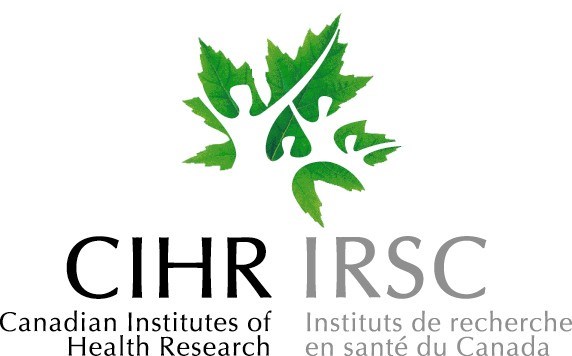S
omeone in our government must think scientific researchers have had it too good for too long.
How else to explain the murky new plan that sends lab coats to tap dance for funding from the private sector before they can get on with their research?
Traditionally, hordes of hopeful scientists applied to the Canadian Institutes of Health Research for funding.
Grants would be given to the brightest 15 per cent following a grueling peer review process.
But now scientists may need to find 50 per cent of their funding (and this doesn’t include administration or overhead, traditionally paid for by philanthropists) from some other source before the institute will pony up.
Essentially, this plan forces scientists to be salespeople.
Besides the fact that their energy would be better spent over a microscope than cold-calling financial backers, we can’t help but wonder if ideas of great merit will be discarded simply because they aren’t marketed well.
If you’ll forgive us for being flippant: Would you buy a used car from someone who looked like Albert Einstein?
Science and the private sector have always collaborated and will continue to collaborate. However, this feels a bit like a poorly arranged marriage.
Financial empires have been built on products that are ruinous to our health and environment. Can we really expect those same empires to fund the research that may pinpoint the causes of disease or ecological degradation?
In science, failure is said to be the greatest teacher. If that’s true, we should learn a lot from this new funding approach.



